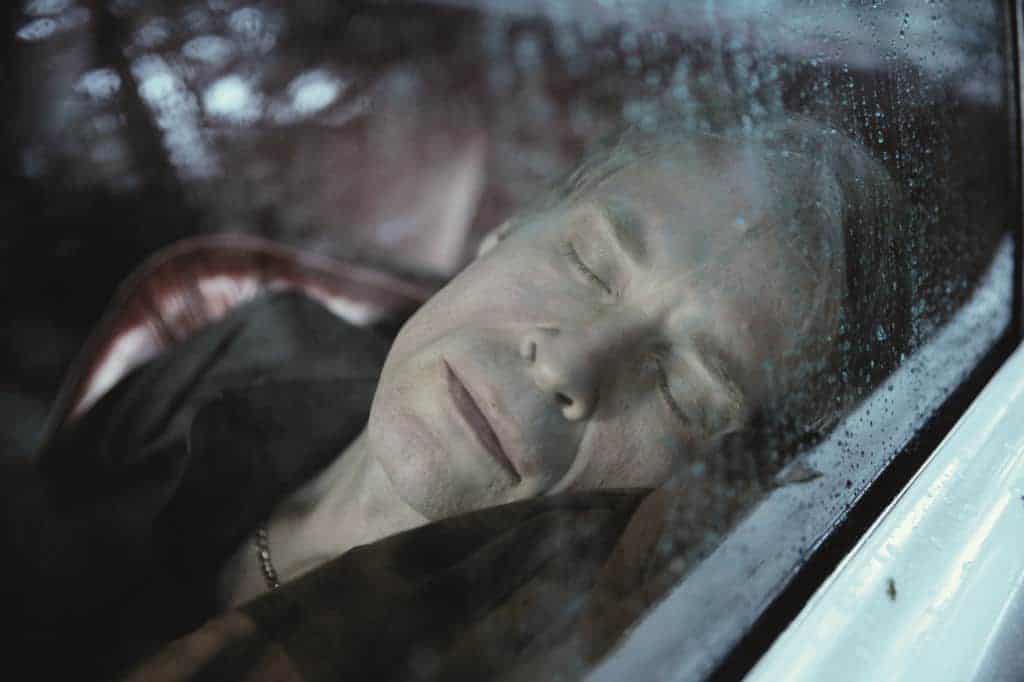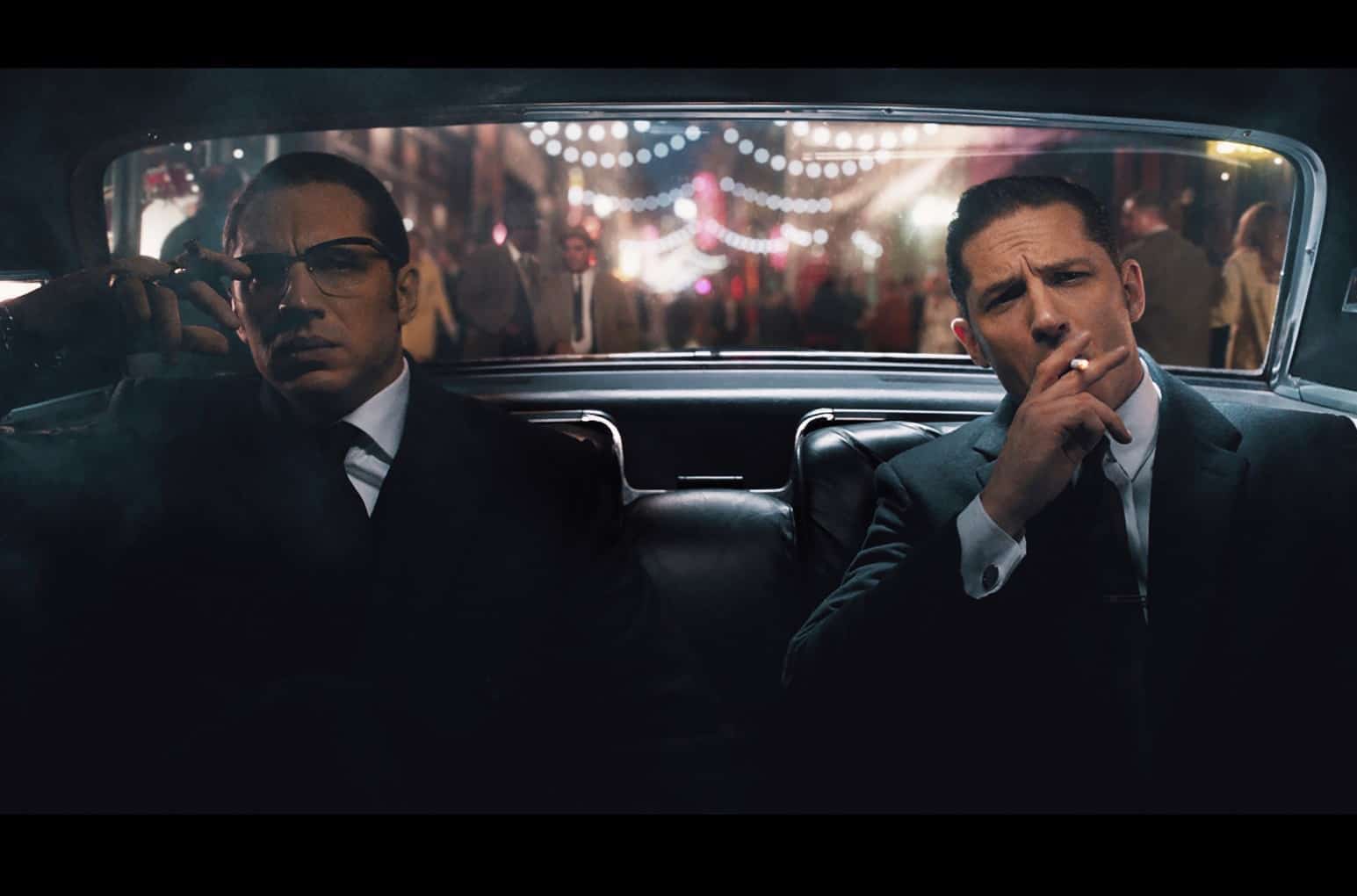
It should be difficult to make Jack Unterweger’s story dull: Austrian prostitute-murderer turned prison poet, he became a literary cause-celèbre. He achieved early release from prison in 1990, only to kill himself four years later after being convicted of nine subsequent murders. Yet Elisabeth Scharang’s Jack manages to make a clock-watcher out of this dramatic material by being high on style but low on story. Worse, it seems uncomfortably sympathetic to its serial-killing protagonist (Johannes Krisch). Unterweger, it appears, is still seducing audiences from beyond the grave.
Scharang seems as preoccupied with style as her main character. Loving slow-motion shots of Jack’s white Mustang, effective and sumptuous costume design, and distractingly good music by Austrian band Naked Lunch are among the most enjoyable parts of the film. At times, though, this stylishness became almost intrusive. I found myself annoyed that a film so aesthetically meticulous couldn’t be more entertaining.
The film’s first few scenes are its best, illustrating the crimes that led to Unterweger’s imprisonment and doing a lot of heavy lifting for character building. Yet the movie soon falters thanks to countless quick cuts and sneaky scenes that clock in at under a minute. Jack frequently leaps forward in time and space without any information about how much time has passed or what happened in the interim. The film seems wary of actually explaining anything, lest narrative coherence ruin its mystique.
The myopic attachment to Jack’s immediate subjective experience doesn’t tell us much, since nothing around him is ever fleshed out: his past experiences, his writing, and the lives of the people around him are skimmed over in favour of more shots of Jack getting dressed. Without any context for Jack’s immediate experiences, the film feels rushed and unmoored.
In addition to being irritating, this lack of context has the effect of burying crucial features of Unterweger’s narrative — like the fact that his early release from prison was secured by a popular campaign on his behalf, or that a film was eventually made from his autobiography. Unfortunately, the movie’s Jack and the historical Unterweger take rather different paths. As fiction, this could be a thought-provoking story of a man framed by his own reputation, but as a biopic, “Jack” owes its audience more honesty. In its determination to portray Jack as an embattled underdog, the film significantly revises his history. This is disingenuous.

Scharang seems intent on casting Jack as a remorseful man damned by his past (troubling in itself), but Jack’s own characterization defies sympathy or admiration. Jack is billed as charismatic, but the man we see for most of the film bears little resemblance to the menacing, compelling figure of the first few scenes. Preening, swaggering, and more than a little ridiculous, post-prison Jack comes across as both arrogant and visibly insecure. Jack’s literary agent Marlies (a show-stealing Birgit Minichmayr) is more charmingly repulsive than Jack is.
The one thing this film does effectively get across is that everyone around Jack is The Worst. Jack could be subtitled “Everyone is an Asshole: The Movie” — like the old line: Vienna is lovely, except for the Viennese. Characters make constant, tasteless jokes about the antihero’s “love for women.” This is a man who sexually assaulted and murdered prostitutes. It’s a testament to how equivocal this film is about its protagonist’s guilt that I was never sure whether I was supposed to find these comments funny.
The film’s one moment of emotional resonance comes only when we are forced outside of Jack’s limited perspective. In a flashback, we relive the experience of Jack’s first murder from the perspective of his then-companion: an eighteen-year-old girl utterly in Jack’s thrall (Sarah Viktoria Frick). Paralyzed with terror, she huddles in the back of their car with a blanket over her head murmuring, “Stop it, stop it!” as the victim’s cries for help echo in the background. This is the only glimpse we have of Jack’s effect on others, and it is powerful. But it comes far too late in an otherwise lopsided film.
Jack screens Tues. Sept. 15 at 7 p.m., Thurs. Sept. 17 at 9 p.m., and Sun. Sept. 20 at 9 a.m. at the Scotibank Theatre. For tickets and details, visit the TIFF website here.

